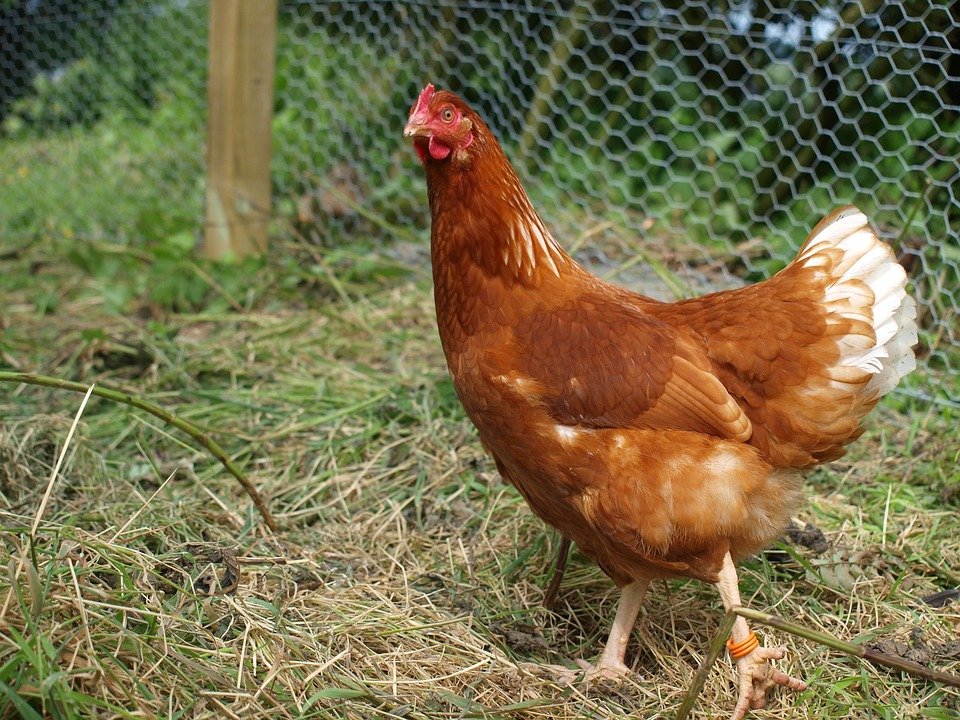TT tops world in eating chicken

TT is probably the highest per capita consumers of chicken in the world, said director of veterinary public health in the Health Ministry Dr Saed Rahaman.
He was speaking Friday before a Joint Select Committee (JSC) on Finance and Legal Affairs on an inquiry into consumer awareness, empowerment and protection systems and responding to JSC member Taharqa Obika who asked about the testing of imported meats.
Rahaman said the Health Ministry is looking at giving as much protection for consumers and local public. He said the Agriculture Ministry has an import permit process and they would look at how long the product is past the processing date. He explained that once a product is allowed entry into the country then it is reviewed by the Chemistry Food and Drug Division to receive a certificate of wholesomeness.
He said there are also examinations which look at the smell and look of the chicken and if there are concerns the product would be sent for further testing or further evaluation. Rahaman pointed out that 95 per cent of the imported chicken comes from the US and they have USDA health certification.
JSC member Vidia Gayadeen-Gopeesingh asked what is the threshold for pesticides in crops and what has been the highest over the threshold found. Registrar of pesticides and toxic chemicals, Chemistry Food and Drugs Health Ministry Hazmath Ali said TT unfortunately to check for maximum residue limits on pesticides in crops it needs to have a national GAP (good agricultural practices) standard developed and a national policy in place. He said judicious use of pesticides would be dependent on the GAP policy.
He explained under the Pesticides and Toxic Chemicals Act there is provision for regulations on pesticide residues but they were never developed. He said the board has been looking at maximum residue that can be used and correlating against the rate of application to be used on the crop. He added that UWI has assisted with efficacy trials and looking at minimum levels of pesticides.
Ali reported that he is part of the national GAP committee and they have started developing a national GAP policy and national GAP standard with the hope of the voluntary standard being implemented and guided through Namdevco and after then a national monitoring system. He said it is a challenge with the Chemistry Food and Drug laboratory being non-functional. The lab is scheduled to be operational by the end of the year.
Ali also said pesticide residue on fruit and vegetables is a real concern and while washing could remove some residue he would recommend peeling fruits before consuming them.
JSC member Dr Lester Henry asked about the labelling of products and pointed out that on some products, like pasta, he struggled to find English. Director consumer guidance and protection at the consumer affairs division Dexter Morgan said there is currently no legislation stating that labels must be in plain English but this was looked at with the National Consumer Policy approved by Cabinet in 2018. He added that new consumer legislation, for which the Trade Ministry has hired a consultant, will deal with that issue.
JSC member Clarence Rambharat asked about food sold at restaurants, road side and at fast food restaurants and stipulations that they provide information about nutritional value including calorie content.
“I see people ever day consume products from coffee shops. Just looking at it may cause you to put on ten, 15 pounds.”
He said citizens were not aware that some of these products which look nice and may contain fruit and vegetables actually have the calorie equivalent of a week’s supply of the recommended consumption.
Acting Permanent Secretary at the Trade Ministry said a lot of the issue would fall under the public health inspectorate and she promised to provide it in writing.


Comments
"TT tops world in eating chicken"